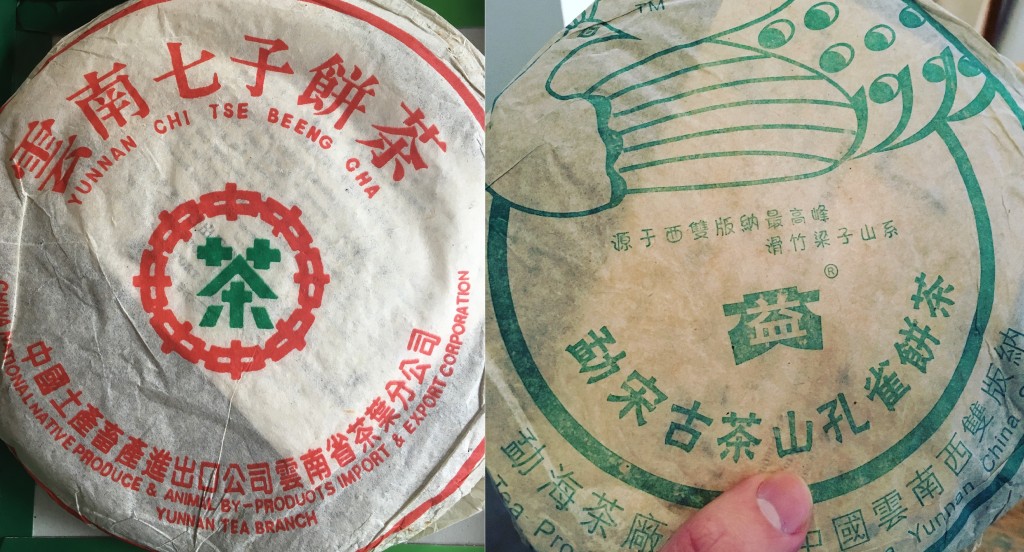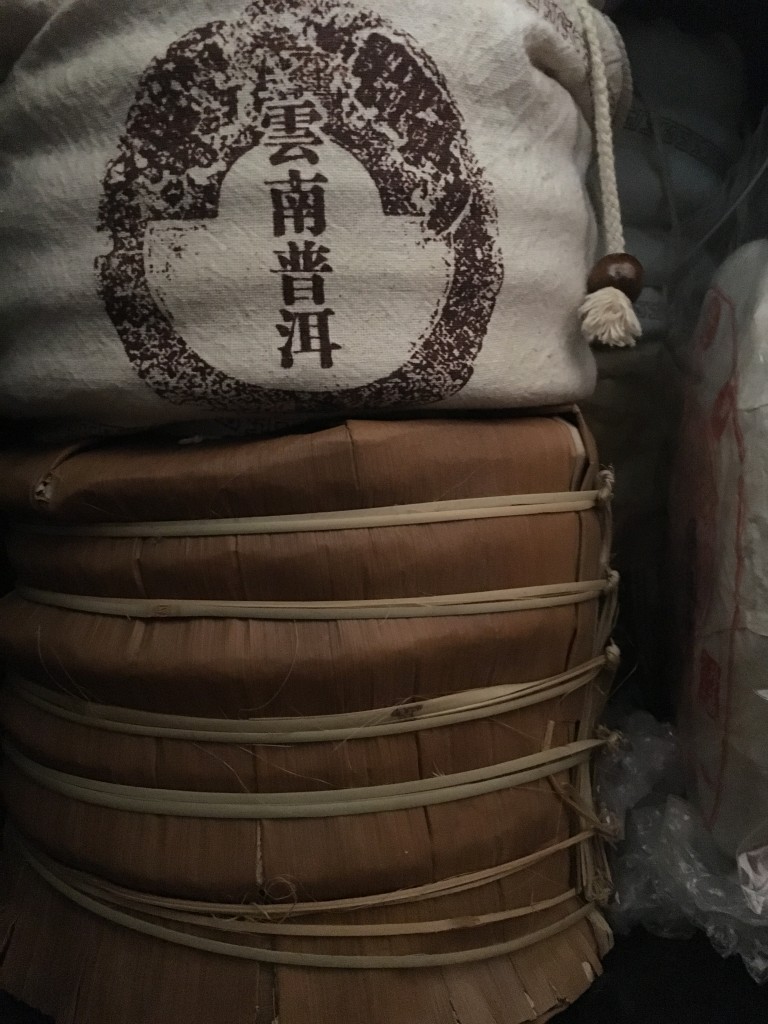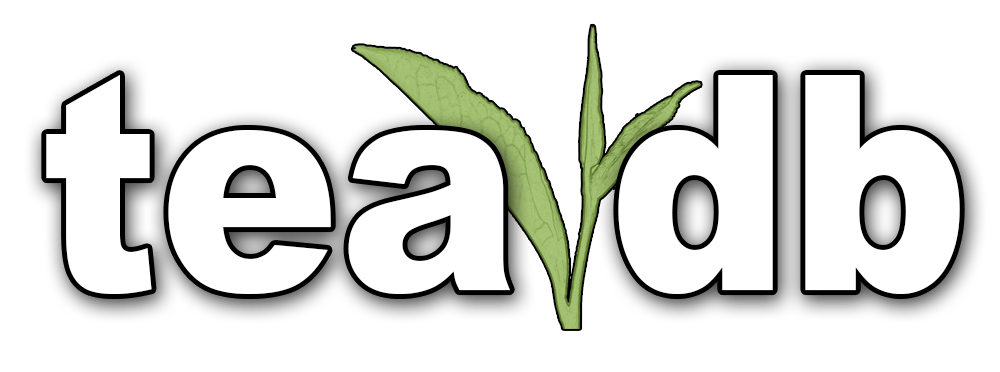No one wants to pay for unnecessary things, but even so very few of us know the actual cost of goods, or actual item cost that the vendor bought the tea for. We’re often left clueless about what their markup might be. There are inevitable costs of running a business that we as consumers don’t really think about. Certainly not often. Storefronts, sourcing, marketing, sample costs, a living wage. The money you pay for the tea will go towards not just your tea but as presumably some amount of profit for the vendor.. Are you paying for fancy boxes, marketing material, padding the vendors pockets or is your $$ going to the actual tea. Pu’erh has the advantage of being sold as a labeled cake, which makes it easier to cross-check prices against the Chinese market and help to determine if we are paying a fair and reasonable price.
A few tales of (IMO) egregious markup..
- A Minnesota/now China-based vendor marks up standard factory tea by nearly 1000%.
- A very popular teashop in Canada sells a 1998 Yiwu Brick for approximately 800% the actual cost of material when acquired at the retail price in Taiwan.
- An Austin vendor selling purportedly gushu tea for $200 and an eventual retail price of $300 or $35/oz.. The tea is actually a commonly available factory tea sold on taobao for $30 or Yunnan Sourcing for $60.
- Santa Cruz-based vendor sells a 2007 7572 (ripe pu’erh) for $300USD when the official Dayi production sells for under $30.
Buying a Case or Two
Whether you are a vendor or a consumer and are buying a tea in bulk it’s reasonable to look for a discount. Because vendors will tend to buy in some amount of quantity it’s an area which they can help to cut costs by getting a better deal on the tea. This helps to keep the cost of goods down and is an advantage of bigger vendors with deeper pockets who can sit on a case or two for a while.

Free Shipping Ain’t Free…
When a vendor is setting their prices and shipping policies, they need to make sure they earn money.. When they offer free shipping, the item cost as well as shipping cost are always worked into the pricing. The same applies for “buy $X amount and get free shipping”. Assuming the vendor isn’t clueless, they will figure out how much they want to make and apply that to the minimum case (i.e. spending exactly $100).
- This means for vendors that offer free shipping on all items, the % markup will nearly always be higher per item.. It also means that the markup becomes disproportionately higher for large orders. This can really be highlighted when put against a vendor that offers lower item prices but higher shipping. Individual item free shipping is often not a very good idea, but it becomes an increasingly terrible idea as the order gets big. See below.
- Pet Peeve: I find people that cling to free shipping as a requirement, exceedingly frustrating to convince/deal with… ARGGHH.
Alright. So What is a Normal Vendor Markup?
A friend that used to run an online tea business told me that a customer found out his markup was 50% on a particular item (i.e. the tea cost $100 for the vendor to acquire and he sold it for for $150). The customer was put off thinking my vendor friend was literally making a killing .. Alas, that’s an extremely misguided thought.. 50% is not only a very low markup, it’s abnormally low and rare for our specialized tea niche. Running a business costs money and the proprietor expects to cover their costs and make a profit. A markup at around 100% markup is on the low-end and is perfectly acceptable. Something a bit higher is also certainly not highway robbery. That also doesn’t mean that you shouldn’t try to get the best price. Here’s a couple scenarios.
Case #1: The cheapest 2005 Xiaguan 8653 cake..
- Sold by a reliable taobao vendor in China for 161RMB (item) or $24.60.
- Sold by a reliable ebay vendor in China for $64.99 (item), a markup of 165%. Even if you paid $20 for fees and shipping just a single cake from taobao, the taobao listing would still be ~$20 cheaper. This is a very, very common example.
Case #2: 2007 Mengku tips cake.. An LP group buy favorite.
- Sold by a reliable taobao vendor in China for 58RMB (item) or $8.88.
- Sold by two ebay vendors. An international vendor for $28, (a markup of 215%) and an domestic one for $68 (a markup of 665%). Hey, at least shipping is free! Knowing the actual item cost, makes the cake sold for $28 looks an awful lot more expensive, not to mention the one sold for $68. This should also make you think twice about insisting on domestic only vendors with free shipping.
A few generalizations and estimations. A low markup vendor (i.e.White2Tea, Yunnan Sourcing), will usually be around 100% of the CN item retail cost + a little bit. Other generally respected vendors markups can vary anywhere between 100%-350% of the CN item retail cost. If you’re curious, do some taobao plug and play with babelcarp. These markups might sound surprisingly high, but are typical.. It’s also good to have some idea of the Chinese market and the actual goods sold to avoid situations like the ones above.. Judging from just the price and a couple pictures, it can be hard to tell if a $100 cake cost the vendor $50 to acquire or just $5.. And of course… If there’s an alternative to get your tea at a lower price, it’s usually a good idea to do so..
So what about these taobao vendors that we’re using as a price baseline? They didn’t make the tea.. Aren’t they just resellers too? Yes in most cases.. Some of these operations have some sort of deal with the larger entity, such as Xiaguan or Menghai to acquire very large quantities of teas at some sort of discount. As the market expands, I’d optimistically hope that operations like these become increasingly easy to navigate and buy directly from in the future.
- I would also be extraordinarily cautious with your neighborhood teashops and pu’erh. I’ve heard of tales of some truly awful ripoffs (i.e. $1000 for 10 year old factory stuff) at some of these places.
- As a final note. Many have remarked it’s much easier to get away with marking up a pile of rolled up leaves, aka oolong. This is absolutely true.. With pu’erh we at least have the advantage of being able to cross-check the wrapper with what other vendors are allegedly selling the tea for.
- More reading: Thoughts by Cwyn on shipping.



Leave a Reply